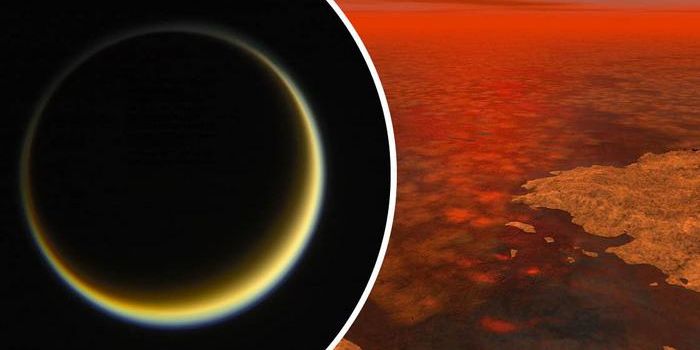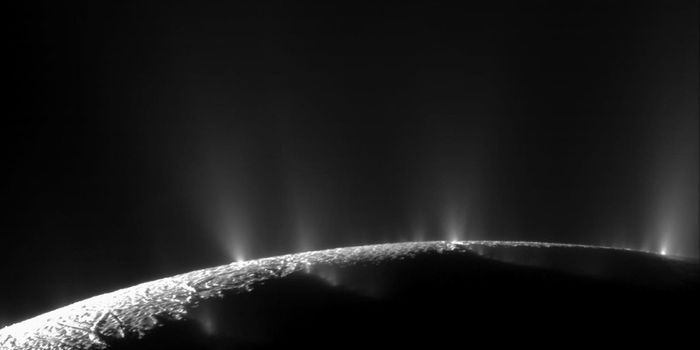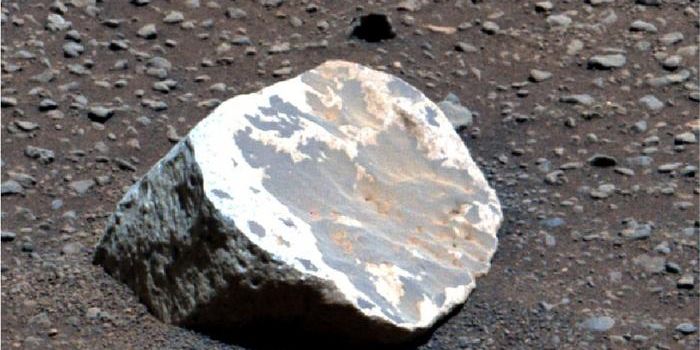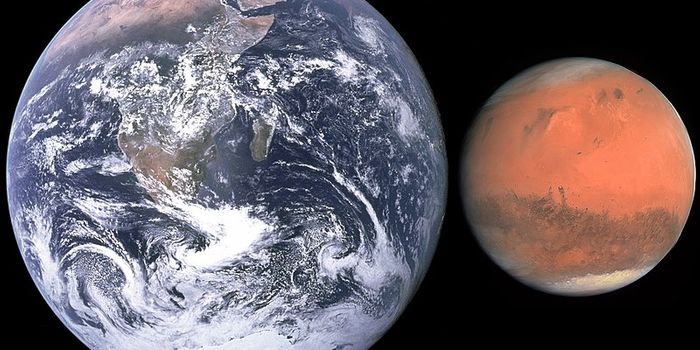How the Rosetta Mission Augmented Our Understanding of Comets
The European Space Agency (ESA) launched its Rosetta mission in 2004 to study the particularly captivating comet 67P, and after a ten-year journey, the mission arrived at its destination. With the help of the Rosetta mission, the ESA captured countless photographs of the distant world’s surface, and even deployed a lander called Philae to get up close and personal.
Philae was the first lander ever to set foot on a comet, but its scientific usefulness was quickly interrupted by a less-than-ideal landing that positioned its solar panels out of the reach by the Sun’s bright rays. That aside, planetary scientists did what they could with Philae’s limited power reserve, and later focused on the Rosetta spacecraft itself to study 67P instead.
The circumstances surrounding the Rosetta mission were particularly unique, and while some might consider the Philae part of the mission to be a failure, mission scientists consider the mission an overwhelming success due to what we learned. In fact, some of what we learned is already being implemented into a future mission similar to Rosetta, dubbed Comet Interceptor.
While the Rosetta mission officially ended in 2016, scientists are still analyzing the mission’s data with the hope of finding something that may have been overlooked. The data has already contributed to a bevy of new discoveries, including the novel idea that comet-centric outbursts could be linked to cliff collapses and bouncing boulders, among other things.
Given what we’ve learned from the Rosetta mission, we’re particularly excited about what similar missions in the future might teach us about the solar system we live in.








